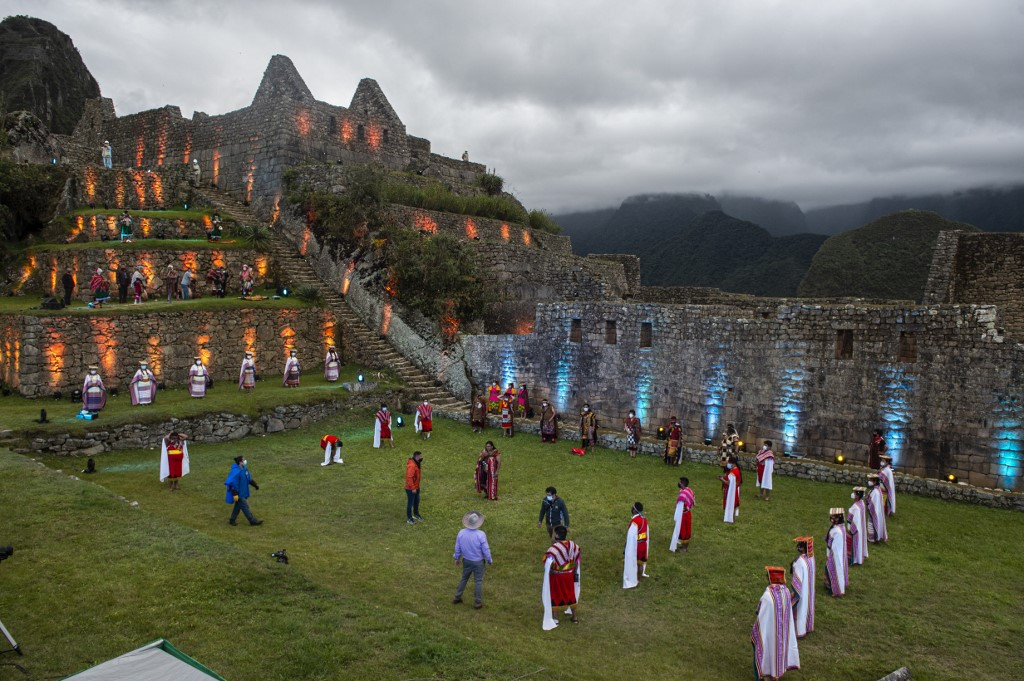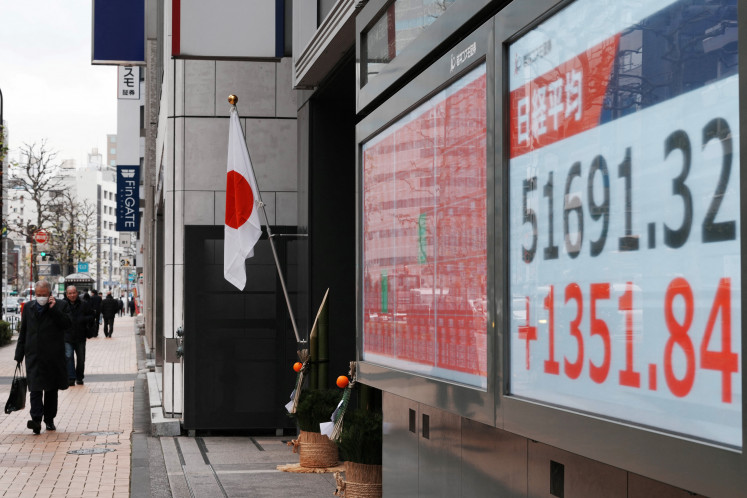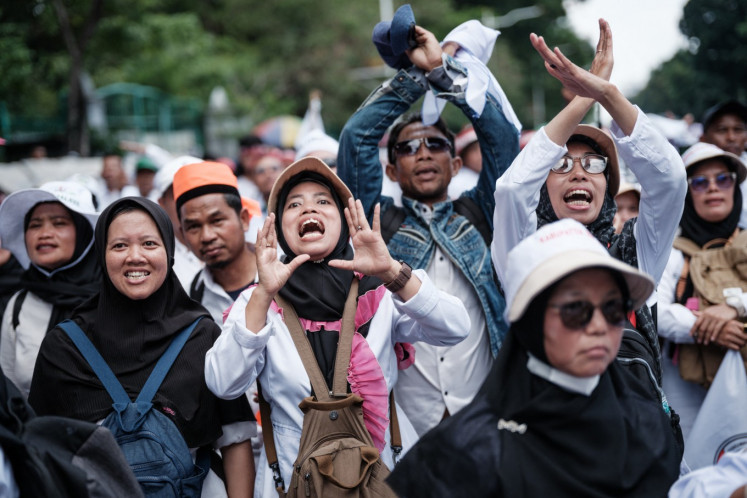Popular Reads
Top Results
Can't find what you're looking for?
View all search resultsPopular Reads
Top Results
Can't find what you're looking for?
View all search resultsThe bicentennial of Peru’s independence: A historic opportunity
Peru's cultural diversity is an endless source of creativity.
Change text size
Gift Premium Articles
to Anyone
T
oday, the Republic of Peru commemorates its 200th anniversary of independence. We do it under challenging, unexpected and unprecedented circumstances marked by the global COVID-19 pandemic and the ensuing concerns and threats thereof.
The declaration of Peru’s independence in 1821 represents a milestone event in the history of the Americas. In fact, it contributed to the vanishing of the Spanish colonial power in South America, whose main seat was located in Lima, the current capital of Peru, in a process that ended definitely in 1824 with the defeat of the remaining Spanish military forces in the Peruvian Andes.
In this way, Peru and the other nascent Latin American republics assured their independence from the former Spanish empire.
Now, 200 years later, we have the possibility to rethink, imagine and honor our country at the same time. Beyond standing as a significant celebration, the Peruvian bicentennial should be understood as a space for dialogue and reflection in order to define our future.
Peru has been home to ancient civilizations. The most visible face of this heritage is undoubtedly Machu Picchu, a top landmark that is well known to Indonesians and the entire world. Other important societies also emerged on our soil, such as Caral, the oldest urban center in the Americas that flourished around 5,000 years ago along the coast of central Peru.
Last but not least, I can mention the Nazca civilization, noted for its distinctive 1,500-year-old large geoglyphs, whose detailed designs are mainly visible from the air.
Peru is also famous for being a megadiverse country — a distinction it shares with Indonesia and a small number of countries around the world. Under Peru’s national jurisdiction, 10 percent of the worldwide species of flora, more than 2,000 species of fish, 1,858 species of birds and 467 species of mammals can be found. We are proud of our high biodiversity; we value it and we conceive development as inseparable from environmental care and social inclusion.
Peru's cultural diversity is an endless source of creativity. Its gastronomy is precisely one of those varied manifestations of originality. A colorful cuisine resulting from cultural fusion over the past centuries takes our living heritage to a higher level.
Hence, it is not by chance that Peruvian food can be tasted in the major capitals of the world as a result of the unmistakable imprint of aromas, flavors and ingredients that come together in each dish. Certainly, the dissemination of our gastronomy is a key element in promoting the vibrancy and multiculturalism that characterizes Peru.
In recent decades, Peru has had a relevant participation in the consolidation of democracy at the regional level. Just to cite an example, in 2001, at the initiative of the Peruvian government, the Inter-American Democratic Charter was adopted by the Organization of American States. This instrument, aimed at strengthening representative democracy and its institutions, has contributed to fostering a democratic culture, which includes respect for human rights and fundamental freedoms.
Peru’s rich history, biological and cultural diversity, democratic values and respect for human dignity are the main legacies that will be handed down to the future generations. At this date, we have come a long way in which we should be proud of what not only our heroes did, but also all our ancestors, ordinary men and women who contributed with their tireless struggle, tenacity and great courage to achieve independence and progressively shape Peru as a true nation.
Our national identity, based on our mighty ancient culture, allows us to build our history and face the challenges of the third century of republican life. The bicentennial year should be a time to gain momentum, propose to better serve the needs of our people and commit ourselves to continuing forging the country we want to be.
On this remarkable occasion, if there is something to celebrate, it is the effort of all those Peruvians who have dreamed – and still dream – of a prosperous, sustainable and just society.
***
The writer is chargé d’affaires of the Embassy of Peru in Indonesia.










